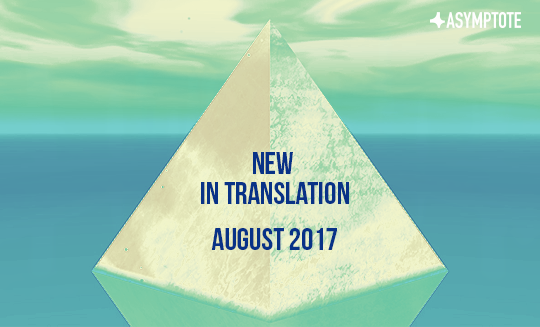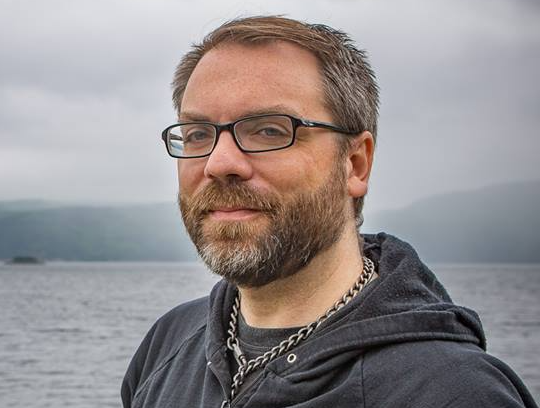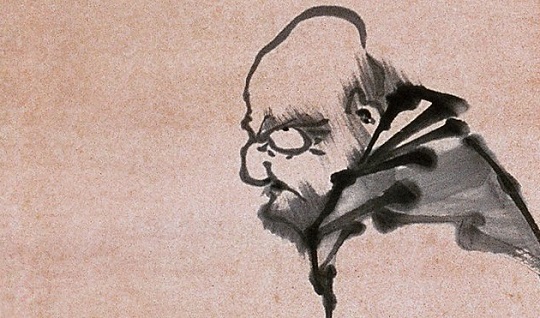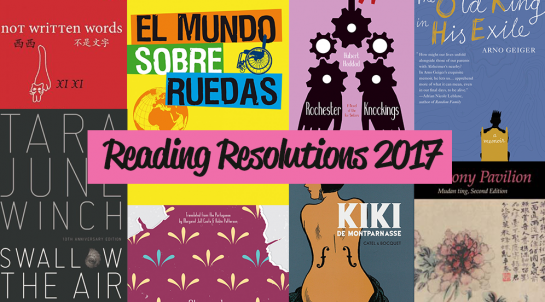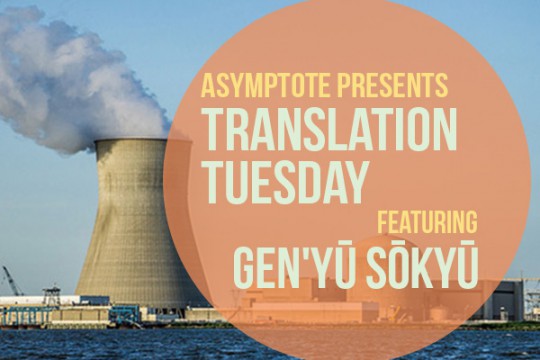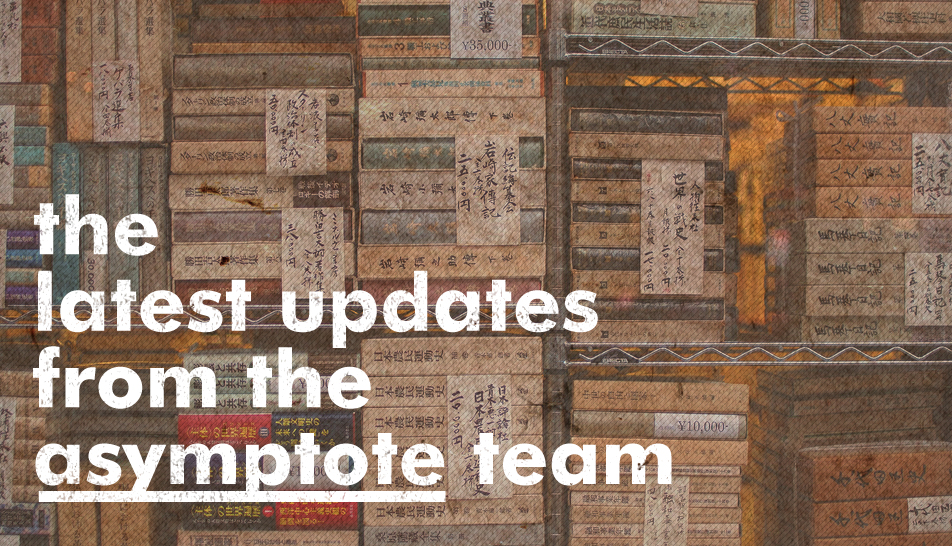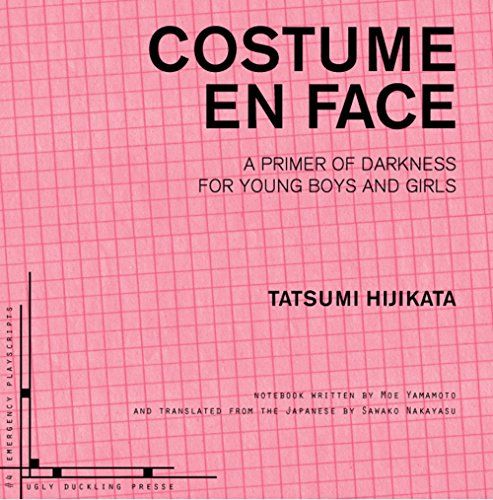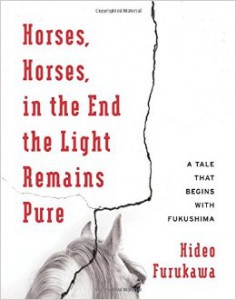With Asymptote you can be sure to have the latest reading recommendations. True to form, we bring you a selection of the exciting new books this month. Which one is going to claim a place in your bookshelf?
![]()
Kholin 66: Diaries and Poems by Igor Kholin, translated from the Russian by Ainsley Morse and Bela Shayevich, Ugly Duckling Presse.
Reviewed by Paul Worley, Editor-at-Large, Mexico
English language readers already enamored of poets such as the Roman Catullus or the more recent Charles Bukowski will find a similarly humorous, difficult, and enthralling companion in the pages of Russian Igor Kholin’s (1920-1999) recently translated Kholin 66: Diaries and Poems from Ugly Duckling Presse. An autodidact whose experiences in the military included a near-death experience in World War II, Kholin in many ways perhaps serves as a vital counterpoint to the American Bukowski insofar as both writers, despite the fact that they are writing throughout the Cold War between their respective countries, cast an unrelentingly critical gaze on the societies they inhabit, bearing witness to abuse, the dirty, and the neglected, and rendering these as poetry. The translators note that although Kholin’s “occasionally unrestrained misogyny” may rankle the sensibilities of many readers, they nonetheless felt compelled to leave his attitude in their translation as “it seems to constitute part and parcel of his self-positioning and character” (9). Along those lines and, in tandem with Bukowski, one also wonders about the extent to which the writer’s misogyny is not a gendered version of a broader misanthropy from which the poet does not even exclude himself. After all, the poetic Kholin muses on the possibility that thinking he is “a creep…It’s not such a leap” (80), as well as understanding he is one for whom wine is “made” and shit is “laid” (85). As he criticizes his social circle for their faults and flaws in his diary, a passage written in a friend’s handwriting takes on the subject of Kholin himself, claiming the poet is “intellectually limited” (46) and that his “advice on writing is naive” (48). Perhaps unsurprisingly, marginal notes in the poet’s own hand describe these as “the best thing Yodkovsky [the friend] has ever written” (49).

